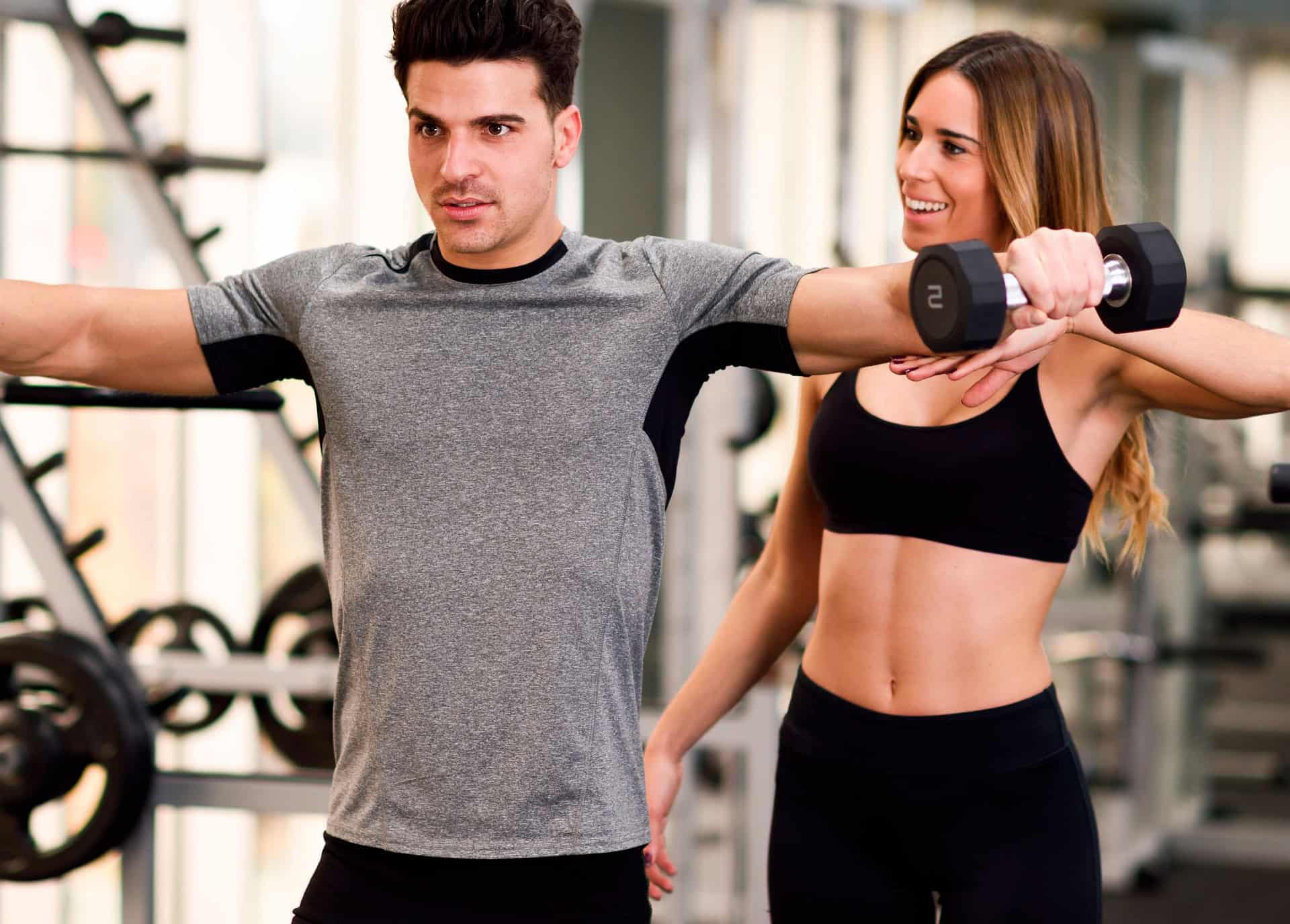Debunking Fitness Myths: Can Vegans Build Muscle?
If you’re into fitness and nutrition, you’ve probably come across the claim that vegan diets are terrible for muscle gains. Well, in this video, Dr. Mike tackles this myth head-on, and I have to say, it’s an eye-opener.
I’ve always been curious about the impact of different diets on muscle growth, especially since I have friends who swear by their plant-based lifestyles. So, let’s dive into what Dr. Mike has to say about whether a vegan diet can actually hinder your muscle-building goals.
The Myth: Vegan Diets are Bad for Gains
Dr. Mike starts by addressing the common belief that vegans can’t gain as much muscle as those who consume animal products. There are countless stories floating around on social media where people claim they switched from a vegan diet to eating meat and suddenly got “jacked.” I think we’ve all seen those before-and-after photos that make you question your life choices. But Dr. Mike points out that these personal stories are anecdotal and don’t necessarily represent the whole picture.
Why This Myth is Wrong
So, why is this myth flawed? Dr. Mike dives into the science and explains that if you consume enough protein, fats, carbs, vitamins, and minerals, you should be able to build muscle just as effectively on a vegan diet as you would on an omnivorous one. He mentions that the research on this topic is limited, but what we do have suggests that a well-planned vegan diet can be almost as effective as a diet that includes animal products.
In my opinion, this is incredibly reassuring. It means that with the right nutritional planning, vegans don’t have to miss out on muscle gains. I love the idea that you can stick to your ethical choices without compromising your fitness goals.
The Truth: Grains of Truth in the Myth
Dr. Mike acknowledges that most vegans aren’t typically “jacked,” but he explains that this is more about lifestyle choices and interests than dietary limitations. Most vegans might not prioritize muscle building as much as omnivores do, which can skew perceptions. I think this is a fair point—after all, not everyone is trying to look like a bodybuilder.
He also touches on the fact that vegans tend to exhibit more “feminized” mental characteristics, like higher degrees of sympathy, which might influence their dietary choices. This isn’t a bad thing; it’s just a different way of approaching life and fitness.
The Role of Leucine
Leucine, an amino acid found in higher quantities in animal products, is also discussed. Dr. Mike mentions that while leucine is anabolic and important for muscle growth, vegans can supplement it to make up for any dietary shortfall. In my opinion, this is a great tip for vegans who are serious about their gains.
Best Practices for Vegan Muscle Gains
So, what’s the best way for vegans to maximize their muscle gains? Dr. Mike recommends consuming between 1.25 to 1.5 grams of high-quality protein per pound of body weight daily. Since vegan protein sources can be lower in quality, a bit more is needed to ensure you’re getting enough. I tried this approach myself and found it really helps in hitting those protein targets.
He also suggests supplementing with zinc, magnesium, B vitamins, and creatine. Creatine is particularly important because it’s almost absent in plant-based diets but crucial for muscle growth and performance. I love that these recommendations are practical and easy to implement.
In summary, Dr. Mike’s video is a fantastic resource for anyone questioning whether a vegan diet can support muscle growth. With the right planning and supplementation, vegans can absolutely achieve their fitness goals. So, if you’re vegan or considering a plant-based diet, don’t be discouraged. You’ve got this!

